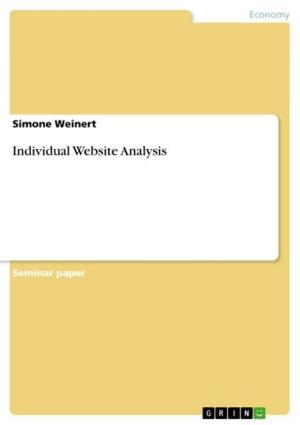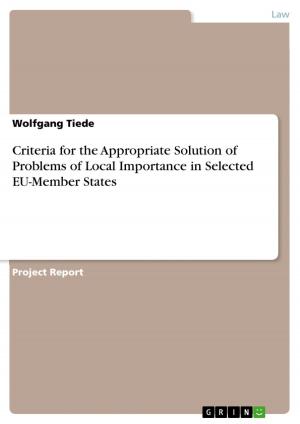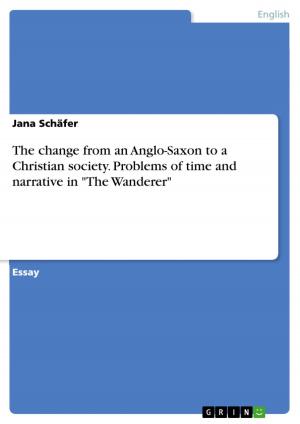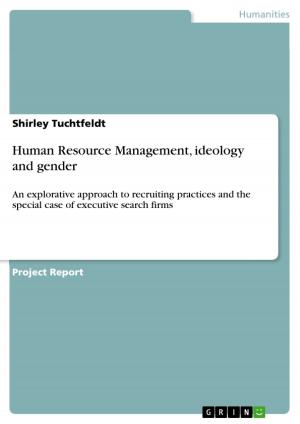The Separation of Power in Venezuela under Hugo Chávez
A Critical Review
Nonfiction, Social & Cultural Studies, Political Science, International, International Relations| Author: | Nadine Najim | ISBN: | 9783668114357 |
| Publisher: | GRIN Publishing | Publication: | December 22, 2015 |
| Imprint: | GRIN Publishing | Language: | English |
| Author: | Nadine Najim |
| ISBN: | 9783668114357 |
| Publisher: | GRIN Publishing |
| Publication: | December 22, 2015 |
| Imprint: | GRIN Publishing |
| Language: | English |
Seminar paper from the year 2015 in the subject Politics - International Politics - Region: Middle- and South America, grade: 2, University of Vienna, course: Proseminar, language: English, abstract: This essay focusses on how the state of democracy in Venezuela has weakened since Hugo Chávez became the president in 1998. I will focus on three areas of democracy which serve to highlight this deterioration. First, there had been a significant increase in the executive's power at the same time as the capacity of judiciary and legislature to hold the executive to account had weakened, therefore limiting horizontal accountability in the separation of powers. Second, the military had become more politicised, and the lessening of civilian control over the armed forces had implications not only for the status of the profession itself, but also in the areas of human rights and corruption. Third, and last, freedom of expression had been curtailed in the news media, through sanctions imposed on the broadcasting agencies and the harassment of journalists.
Seminar paper from the year 2015 in the subject Politics - International Politics - Region: Middle- and South America, grade: 2, University of Vienna, course: Proseminar, language: English, abstract: This essay focusses on how the state of democracy in Venezuela has weakened since Hugo Chávez became the president in 1998. I will focus on three areas of democracy which serve to highlight this deterioration. First, there had been a significant increase in the executive's power at the same time as the capacity of judiciary and legislature to hold the executive to account had weakened, therefore limiting horizontal accountability in the separation of powers. Second, the military had become more politicised, and the lessening of civilian control over the armed forces had implications not only for the status of the profession itself, but also in the areas of human rights and corruption. Third, and last, freedom of expression had been curtailed in the news media, through sanctions imposed on the broadcasting agencies and the harassment of journalists.















